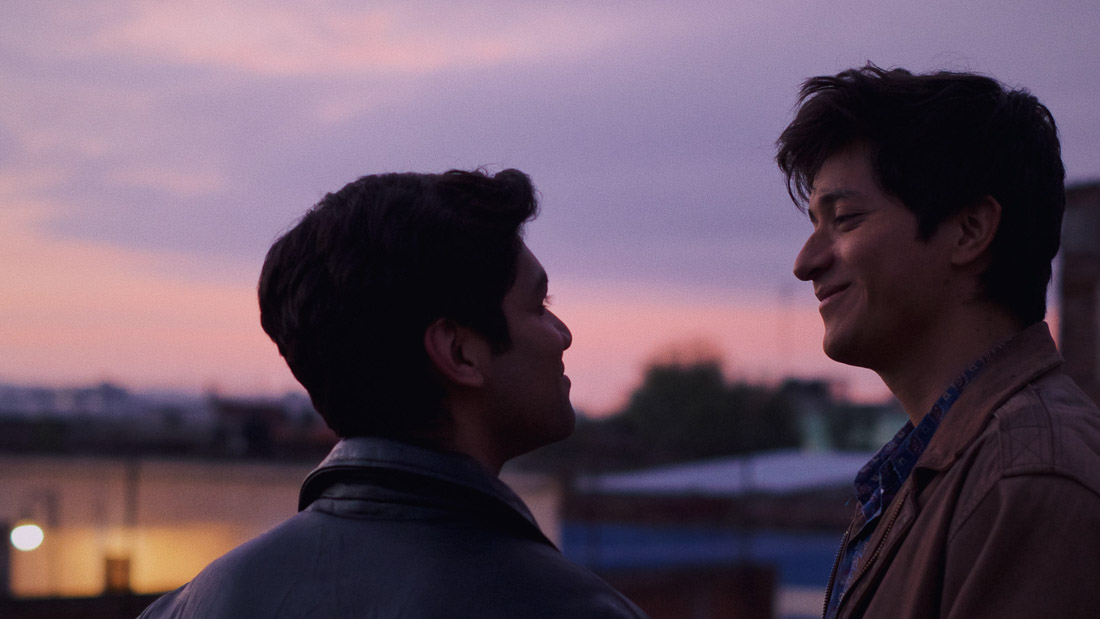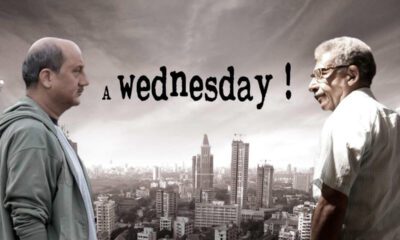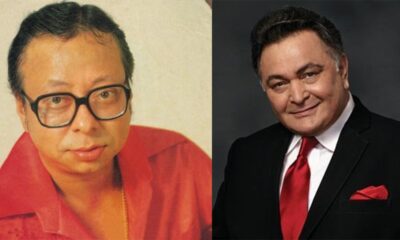Exclusive Premium Content
I Carry You With Me, An Overrated Same-Sex Love Story, Epic In Design Not In Execution

I Carry You With Me (Spanish,With English Subtitles)
Starring Armando Espitia, Christian Vázquez
Directed by Heidi Ewing
Rating: ** ½
I really wanted to like this hugely lauded Mexican film about two men who hide their mutual love for decades. It is an epic love story. But I am afraid the execution of the real-life love story is far from epic.
Director Heidi Ewing comes from documentary filmmaking. She brings her docu-sensibilities into a story that needed a David Lean’s vision. Instead it gets a director who turns a panoramic romance sweeping into several decades and two countries, into a lean lithe exasperatingly confusing story of sexual identity.
Like all great and cheesy same-sex love stories I Carry You With Me has one partner out of the closet and the other in it. Ivan(Armando Espitia) is the one hiding in the closet because he has plenty to lose: mainly the right to meet his son and of course societal approbation ,a big thing during the times when the film begins(not sure when, because the director chooses uncertainty in every factor related to the epic romance).
We are led into Ivan’s love story by the real-life Ivan. Then in the intermittent flashbacks the actor playing Ivan takes over. The same is true of the love of Ivan’s life Gerardo(Christian Vazquez). As we go back and forth into the love story with two sets of actors(rather one set of actors and their real-life counterparts), the narrative rapidly losses its cohesiveness slipping off the edges then scampering back to the surface because …well…the love story itself is so poignant and powerful. The film based on the love story is sadly none of the above. Compounding its uneasy marriage of fact and fiction is the hand-held quivering camera. It may define the state of the Ivan-Gerardo relationship. But the constantly restless camera does nothing to build our faith in the central relationship. We watch the epic love story with the distant interest that we may give to documentary where the narrator is unable to pull us into what must have been a life-defining experience .
Adding to our woes is the lighting or the lack of it. Most of the film, even when Juan the chef moves from Mexico to New York city, is shot in dark dingy desperately doom-drenched places where love is a fugitive.
Not that the film lacks in merit. It has episodes of brilliance that shines through the cheerless gloom. Two sequences stood out for me. The first is when Juan’s wife shows up with their son at his doorstep in the pouring rain when he is with Gerardo. The other memorable sequence is that where Juan tries to sneak into America from Mexico with an out-of-shape cousin posing as his wife.
The crossover is of course metaphoric. Sometimes borders can be killers. While the film negotiates its protagonist geographically and sexually, it fails to take the audience along.








